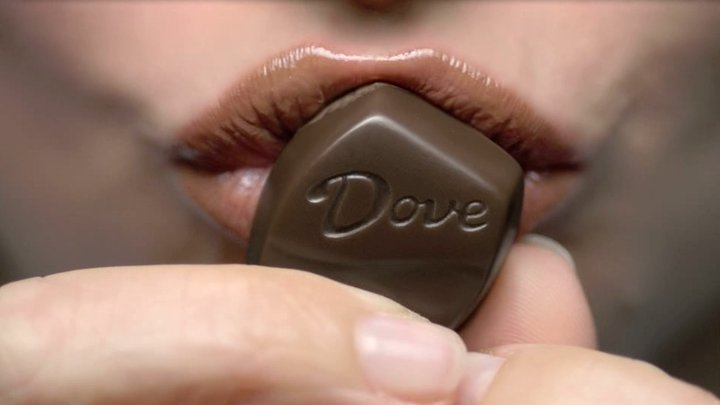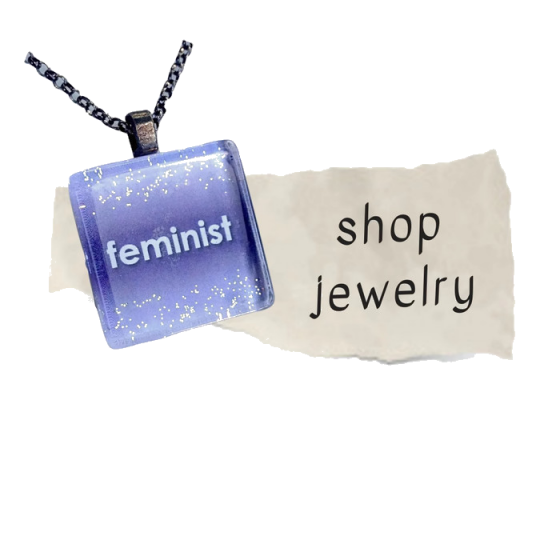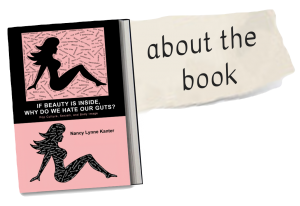I often write about how women can reclaim our power against a culture that tells us that our bodies are our most valuable attributes. My passion about this issue was partly due to years of being bullied about my looks (among other things) as I grew up. I was one of the unpopular  kids from elementary through high school, and so being bullied was part of life. I had no idea why the other kids didn't like me, and I tried hard to figure it out. I would sit by myself outside of the library at lunchtime in my rainbow-striped top, my tan corduroy knickers that buttoned right below the knee, my burgundy knee socks, and my freshly-white-shoe-polished Payless tennis shoes, wondering why no one liked me. You'd better call Nancy Drew, because we have a mystery! My grandma told me the girls were just jealous because I was so much prettier than they were. I wish I were able to believe her, but grandmas have to say things like that.
kids from elementary through high school, and so being bullied was part of life. I had no idea why the other kids didn't like me, and I tried hard to figure it out. I would sit by myself outside of the library at lunchtime in my rainbow-striped top, my tan corduroy knickers that buttoned right below the knee, my burgundy knee socks, and my freshly-white-shoe-polished Payless tennis shoes, wondering why no one liked me. You'd better call Nancy Drew, because we have a mystery! My grandma told me the girls were just jealous because I was so much prettier than they were. I wish I were able to believe her, but grandmas have to say things like that.
I used to talk my mom into calling in sick for me all the time during junior high. I kept getting stomach aches right before the time we were supposed to leave for school. Concerned about my illness, my parents took me to a doctor who decided that I suffered from lactose-intolerance from the milk in my morning Cheerios. So my parents switched me to soy. No surprise – the stomach aches continued, because I wasn’t allergic to milk. I was allergic to the little shits who teased me. I was allergic to the dirty looks, the shunning, and the insults from the mean girls. I was allergic to being called ugly, smelly, and Casper because I was so pale. I was allergic to the shaming sting of cootie spray if I accidentally got too close to someone. I was allergic to being left out, to being picked last for teams, to being treated as if I were sub-human. I was allergic to no one standing up for me and to not having the tools to do it myself. Unfortunately, soy milk couldn't fix any of that.
Fast forward to my recent high school reunion. I wanted to see old friends, but I was dreading seeing the bullies who made my life hell. I was frustrated that they still had a hold on me, even as an adult. I had given them too much power for too long ... but now it was time to take it back.
As the night progressed, I finally got up the nerve to stand up for myself. I just knew I'd regret it if I didn't. So with the help of a few glasses of liquid courage, I confronted two of the mean girls and two of the mean guys. I didn't plan out exactly what I would say; I just ended up being real. I pulled each of them aside and nicely asked if I could speak to them for a moment. And one by one, I told them that they were pretty mean to me back in school, and I just wanted to know why. Was it something about me? I had spent years believing that it was me -- that I was bullied because I wasn't pretty enough, or thin enough, or simply just not enough.
And an amazing thing happened. Three out of the four bullies immediately apologized. The two guys acknowledged that they were jerks, and they both admitted that they took out their insecurities and family issues on other kids. That it had nothing to do with me. I wasn't prepared for them to be so introspective. One girl claimed that she didn't remember being bitchy to me, but she still apologized several times, hugged me, and seemed to feel guilty. The last girl just coldly stated that I was asking about something that happened many years ago, insisted that she didn't remember anything, and then reminded me again that it was many years ago.
But her response really didn't matter. None of their responses did. I confronted my bullies because I needed to stand up for myself, regardless of their reactions. And this time, I was detached enough to realize that their apologies or their denials had everything to do with them -- and nothing to do with me. When someone treats us poorly, often our first instinct is to wonder what it was about us that deserved the crappy treatment. Due to our own insecurities, we absorb their insults without considering that they actually reflect the insecurities of the other person. The worst part is when we take over the bullying ourselves.
Our early years can profoundly affect us long after we graduate. We spend less than 20 years in childhood, and another 20+ trying to undo the damage. If there’s a bright side for me, it's made me even more compassionate toward any group that's oppressed, because I know how much it hurts to be bullied and how much it sucks when no one defends you.
But the bullies aren't just in high school. The grown-up bullies have just graduated on to being mean in other ways -- to being critical and abusive partners and parents, to opposing the "homosexual lifestyle" and marriage equality, to treating other races as second-class citizens, to being intolerant and judgmental of others' religions or lack thereof, to supporting legislation that prevents women from having control over our own bodies, to treating women as dehumanized sexual objects. The media are a grown woman’s tormenters. They’re the mean girls and boys who tell us we’re ugly and fat, and that no one will like us unless we adhere to superficial beauty standards. I use my writing as a way of standing up to them.
We may have graduated from the playground, but we’re not immune to feeling bullied. The little kids inside us still want to be popular and accepted, and we don't want to be rejected. However, as grown-ups, we have more strength and resources than we had as children. We’re not the same powerless little kids. We no longer have to cry into our pillows at night. We’re old enough to fight against the bullies -- and to decide not to be bullies ourselves. We matter. We’ve always mattered, even if others were too blind or immature or insecure or heartless to recognize it. This was true when we were children, and it remains true as adults.
There will always be those who try to keep others down, but it's up to us to decide if we want to stand up to them or let them continue to victimize us. It's up to us to take our power back. And it's up to us to have the courage and compassion to stand up for others who have less power than we do.
And let me tell you -- it feels damn good to finally stand up.
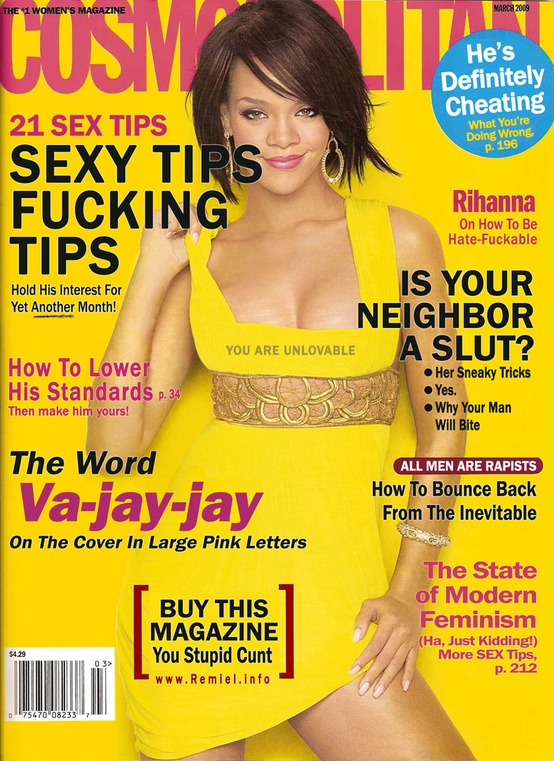


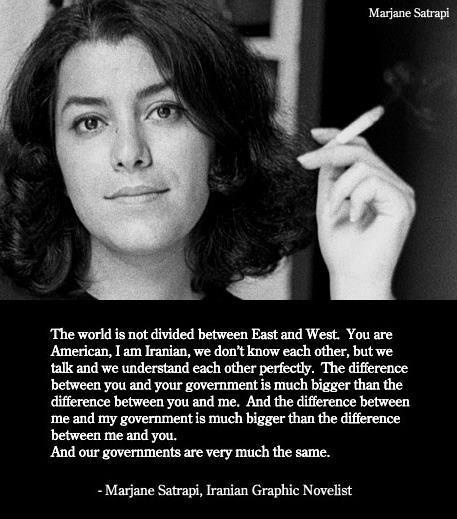
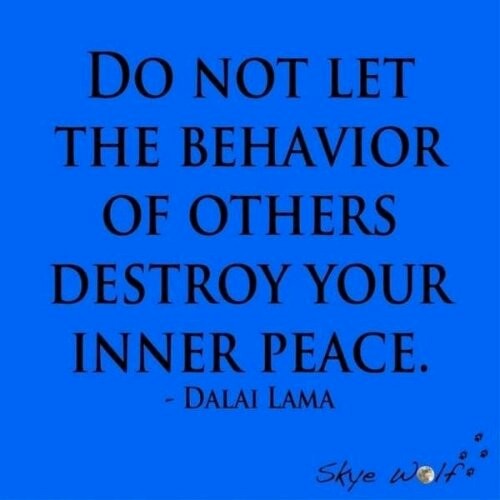
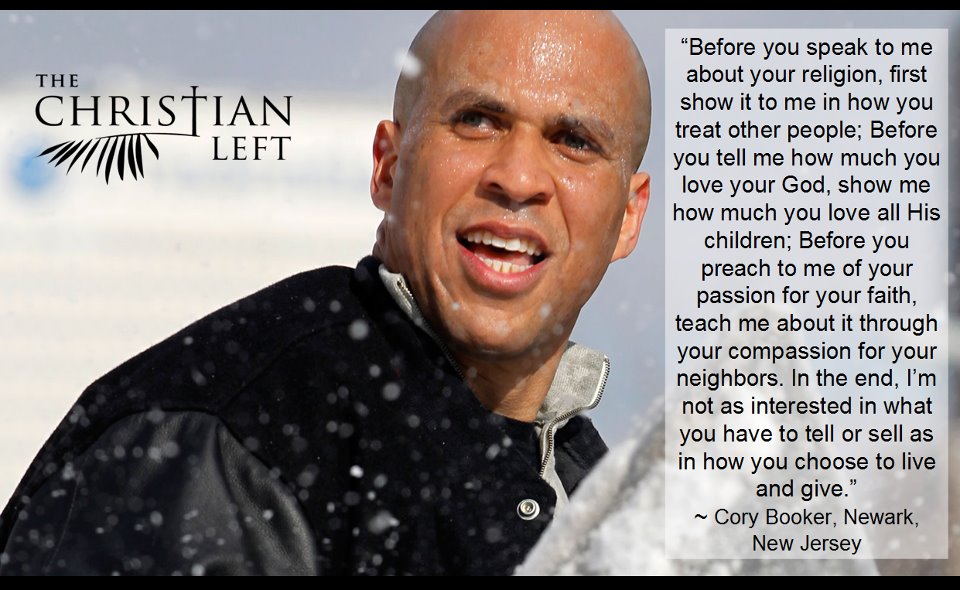
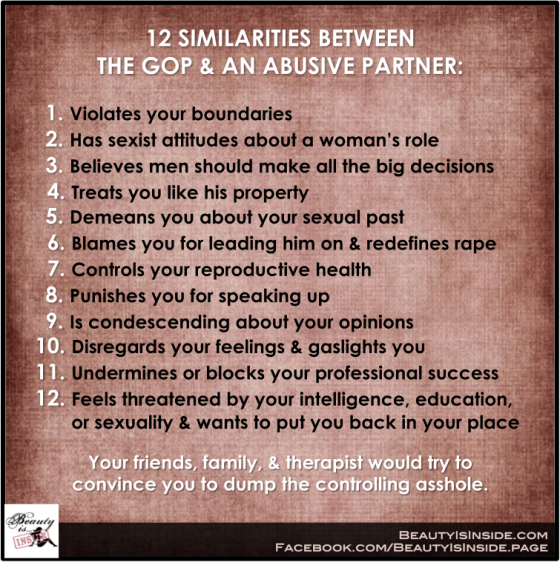
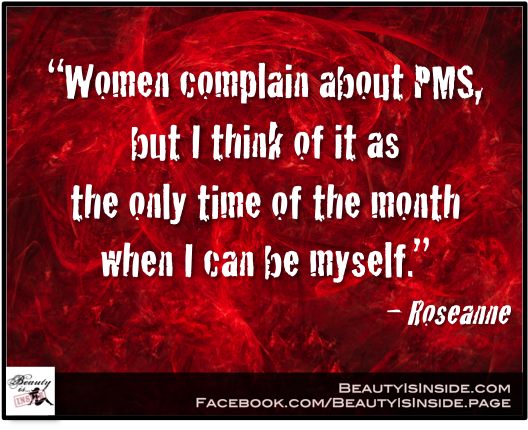
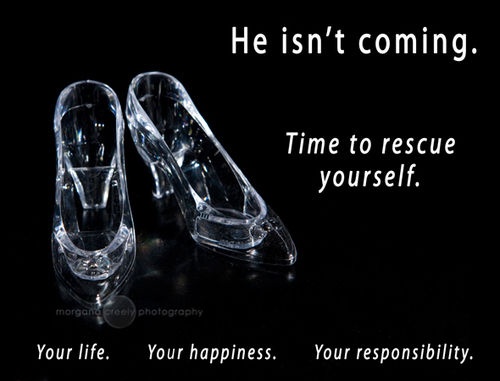
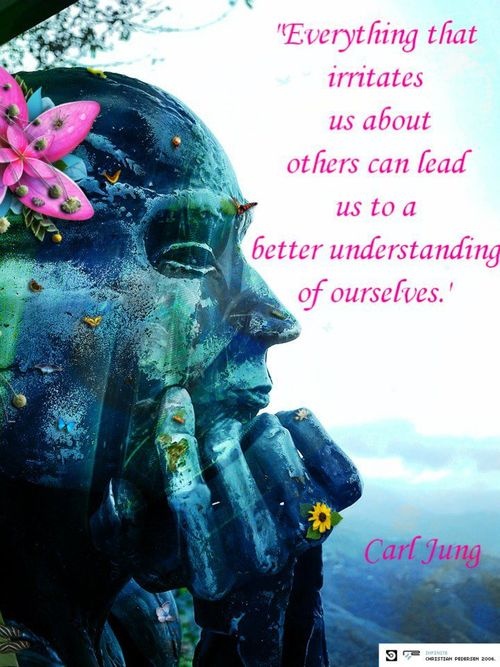
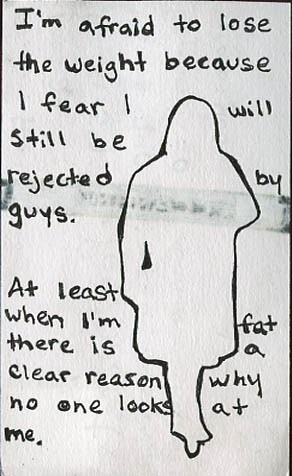
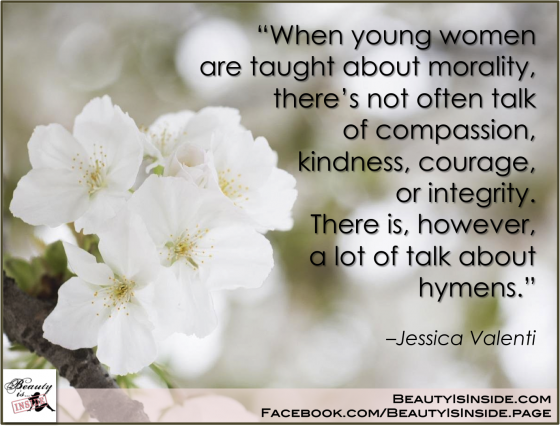
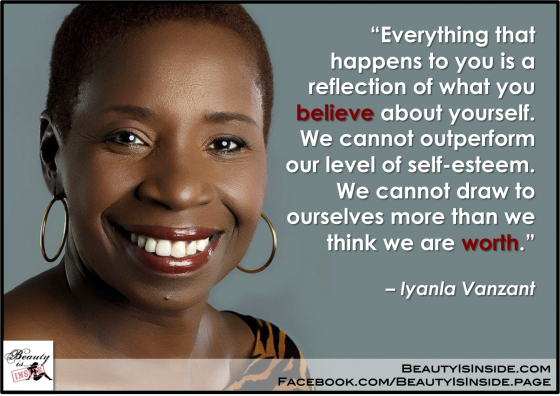
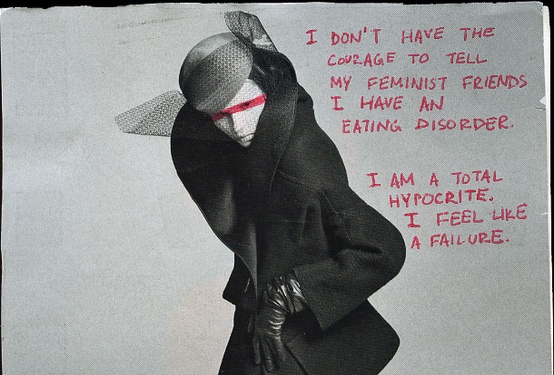
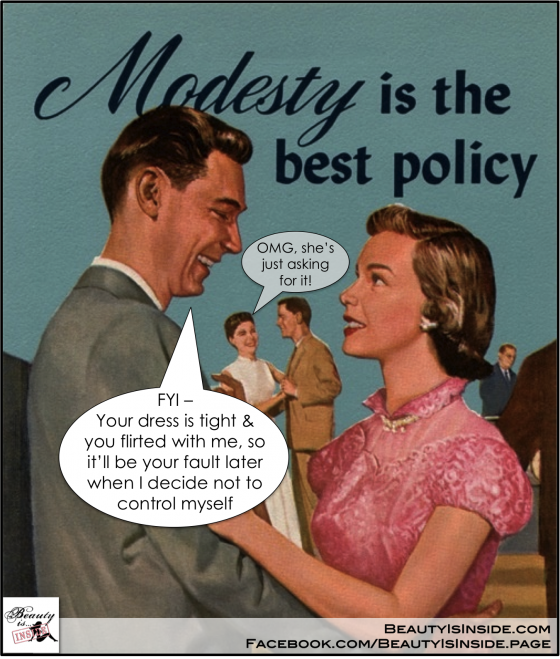
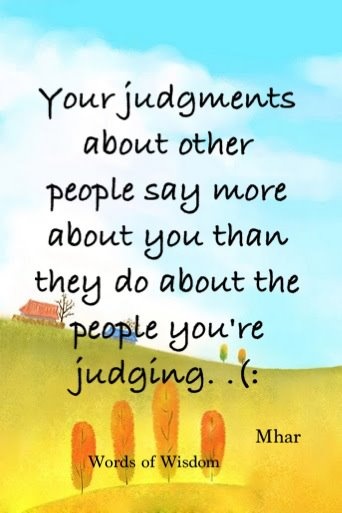
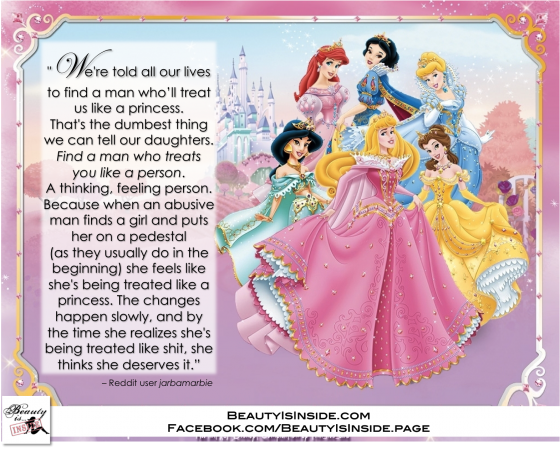
 Sure, she repeats herself a little, but so do I after a few glasses of wine. She walks with a cane since a knee surgery a few years ago, but she'll still show you a few dance moves if you ask. She has fabulous skin, which she attributes to her vitamin E cream and "sleeping on my head" (i.e., on her back with a few pillows). She is so sweet but has a wicked sense of humor. When people ask her how she's doing, her answers are either, "Fine and dandy, sweet as sugar candy!" or "I'm doing them all, and the cute ones twice!" She's my little Jewish grandma who stands at least a foot shorter than me (I'm 5'5"). She often reminds people: "I might be small, but I'm mighty -- Mighty Mouse!" And she is -- she's the leader of the family, always there with advice and opinions, whether you want to hear them or not. (We usually do.)
Sure, she repeats herself a little, but so do I after a few glasses of wine. She walks with a cane since a knee surgery a few years ago, but she'll still show you a few dance moves if you ask. She has fabulous skin, which she attributes to her vitamin E cream and "sleeping on my head" (i.e., on her back with a few pillows). She is so sweet but has a wicked sense of humor. When people ask her how she's doing, her answers are either, "Fine and dandy, sweet as sugar candy!" or "I'm doing them all, and the cute ones twice!" She's my little Jewish grandma who stands at least a foot shorter than me (I'm 5'5"). She often reminds people: "I might be small, but I'm mighty -- Mighty Mouse!" And she is -- she's the leader of the family, always there with advice and opinions, whether you want to hear them or not. (We usually do.)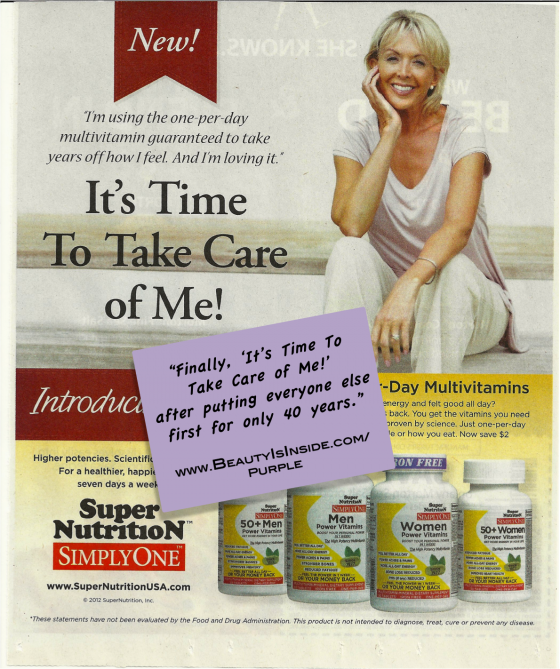
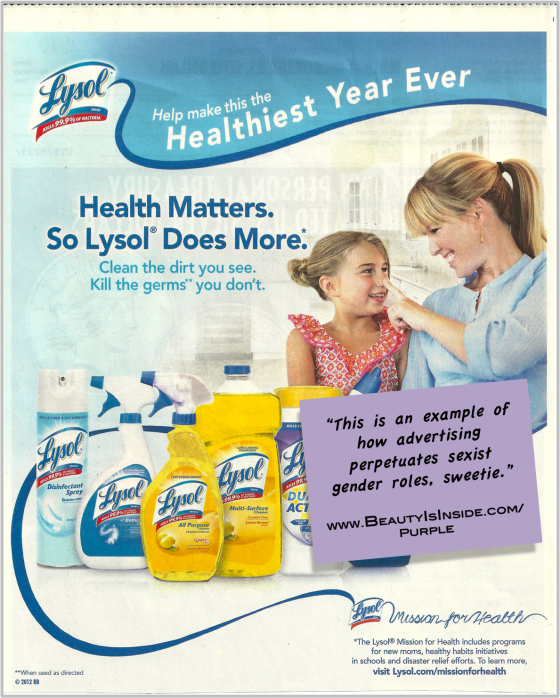

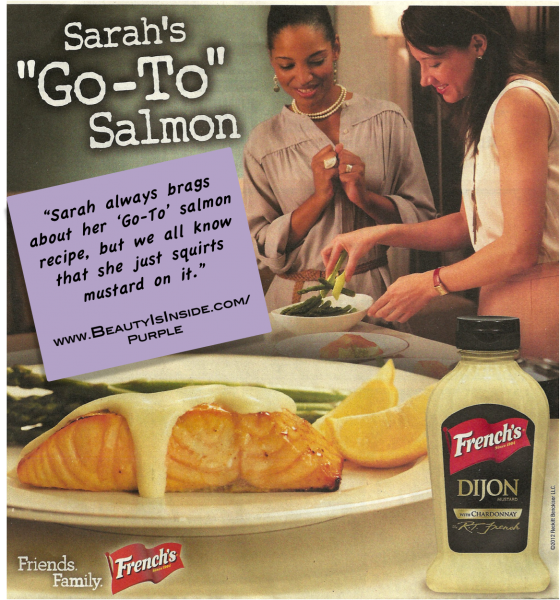
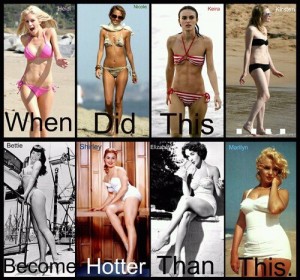
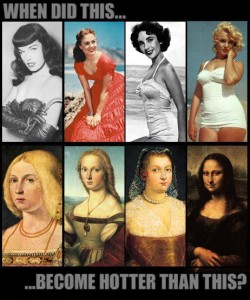

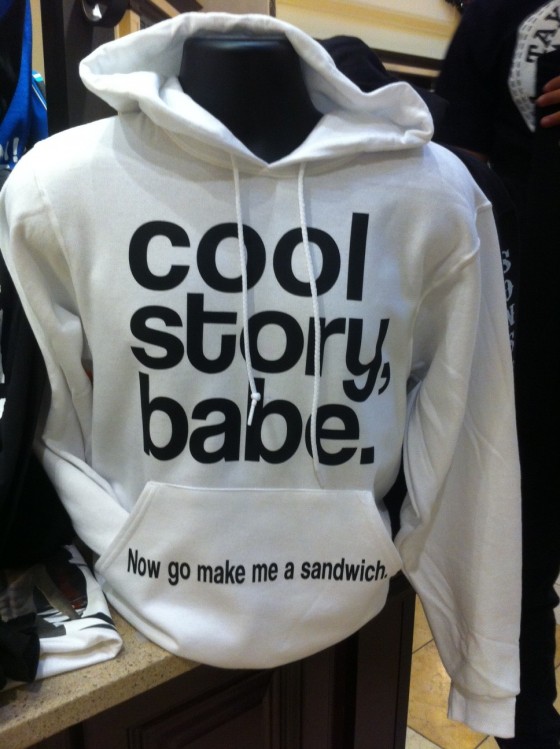
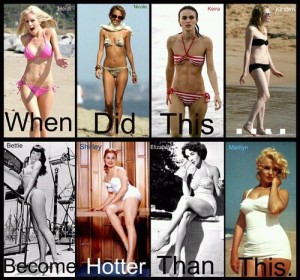
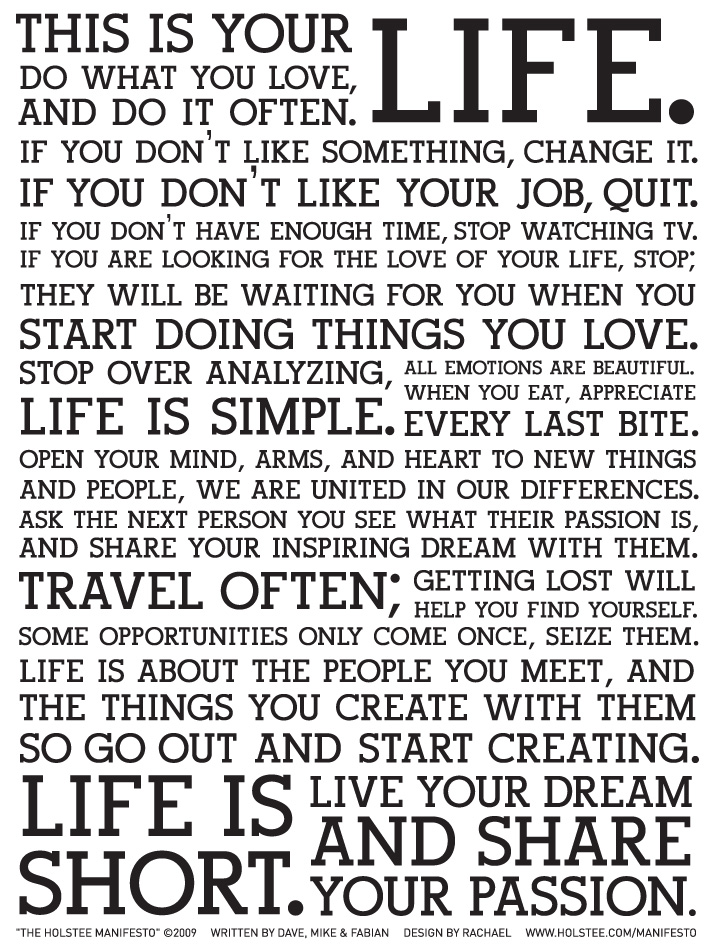
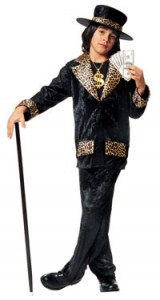
 kids from elementary through high school, and so being bullied was part of life. I had no idea why the other kids didn't like me, and I tried hard to figure it out. I would sit by myself outside of the library at lunchtime in my rainbow-striped top, my tan corduroy knickers that buttoned right below the knee, my burgundy knee socks, and my freshly-white-shoe-polished Payless tennis shoes, wondering why no one liked me. You'd better call Nancy Drew, because we have a mystery! My grandma told me the girls were just jealous because I was so much prettier than they were. I wish I were able to believe her, but grandmas have to say things like that.
kids from elementary through high school, and so being bullied was part of life. I had no idea why the other kids didn't like me, and I tried hard to figure it out. I would sit by myself outside of the library at lunchtime in my rainbow-striped top, my tan corduroy knickers that buttoned right below the knee, my burgundy knee socks, and my freshly-white-shoe-polished Payless tennis shoes, wondering why no one liked me. You'd better call Nancy Drew, because we have a mystery! My grandma told me the girls were just jealous because I was so much prettier than they were. I wish I were able to believe her, but grandmas have to say things like that.
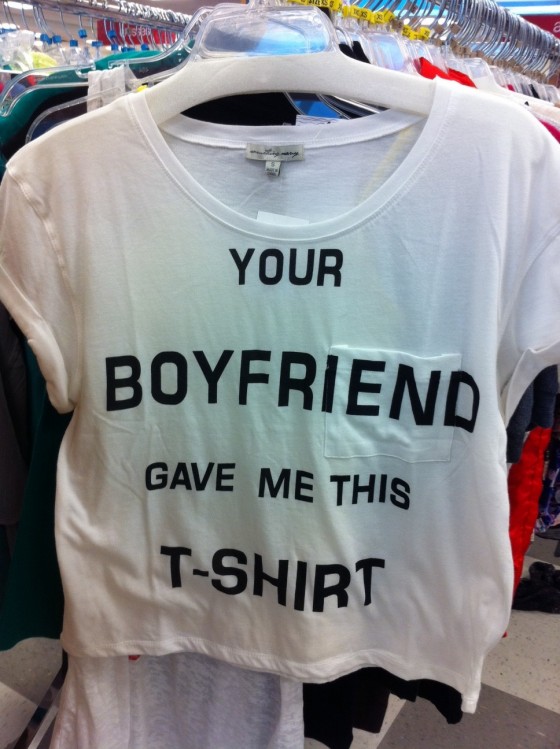
 I desperately wanted to be tan, because tan = pretty. Over the years I tried everything. I wore coffee-colored pantyhose under skirts and even shorts(!) on 90-degree days. I sunned myself on towels in my parents' weed-covered backyard. I over-baked in tanning beds until I got bulb-burn-stripes down my body. I broiled in the Acapulco sun like a crustacean on a BBQ until my bright red legs made standing so excruciating that I had to seek medical help. (As I was basting myself with the 0-SPF coconut oil I bought from a beach vendor, a passing woman stopped to tell me how beautiful my light skin was. How ironic.) No matter what method I tried, my skin only managed to turn from white to pink to red. And then ultimately to freckles. I just hope that I won’t develop skin cancer due to my efforts.
I desperately wanted to be tan, because tan = pretty. Over the years I tried everything. I wore coffee-colored pantyhose under skirts and even shorts(!) on 90-degree days. I sunned myself on towels in my parents' weed-covered backyard. I over-baked in tanning beds until I got bulb-burn-stripes down my body. I broiled in the Acapulco sun like a crustacean on a BBQ until my bright red legs made standing so excruciating that I had to seek medical help. (As I was basting myself with the 0-SPF coconut oil I bought from a beach vendor, a passing woman stopped to tell me how beautiful my light skin was. How ironic.) No matter what method I tried, my skin only managed to turn from white to pink to red. And then ultimately to freckles. I just hope that I won’t develop skin cancer due to my efforts. 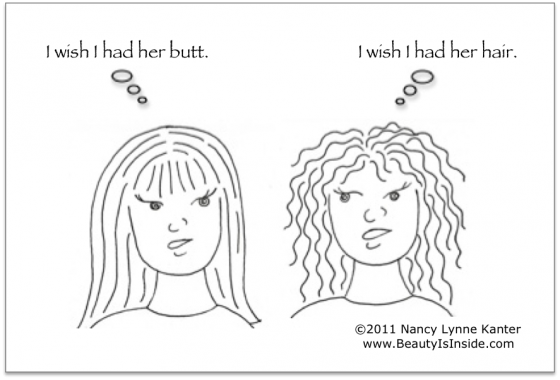
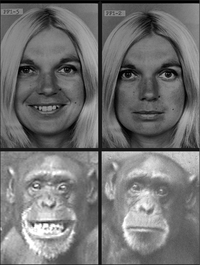
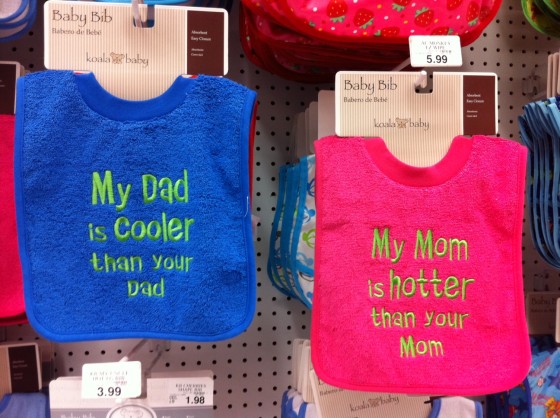
 I
I
